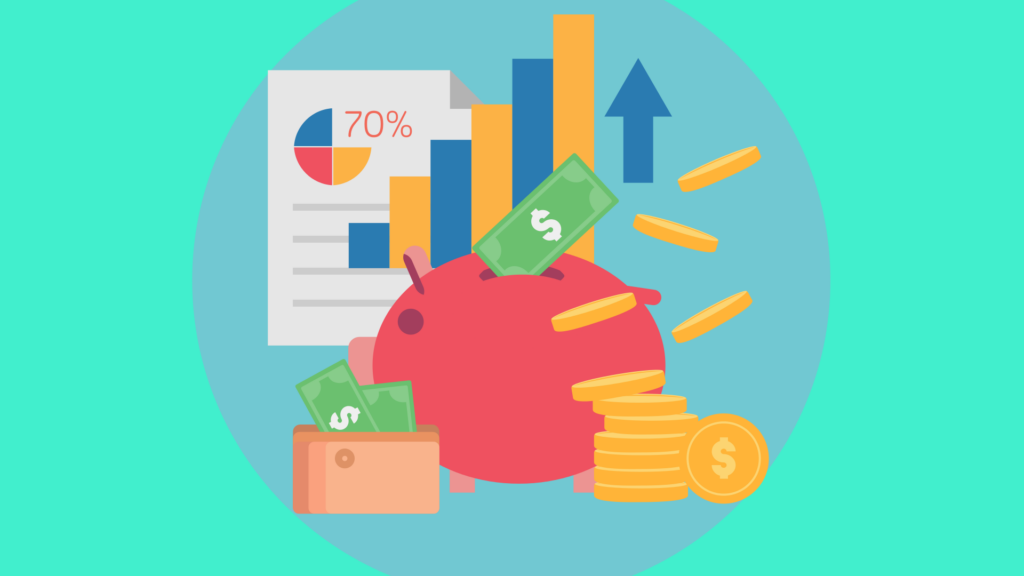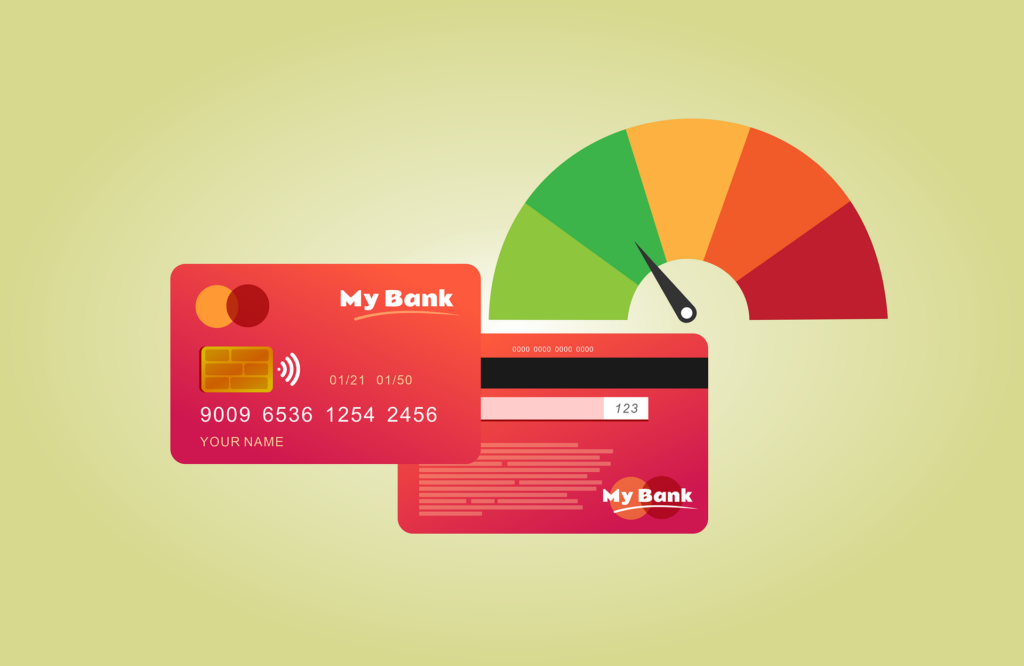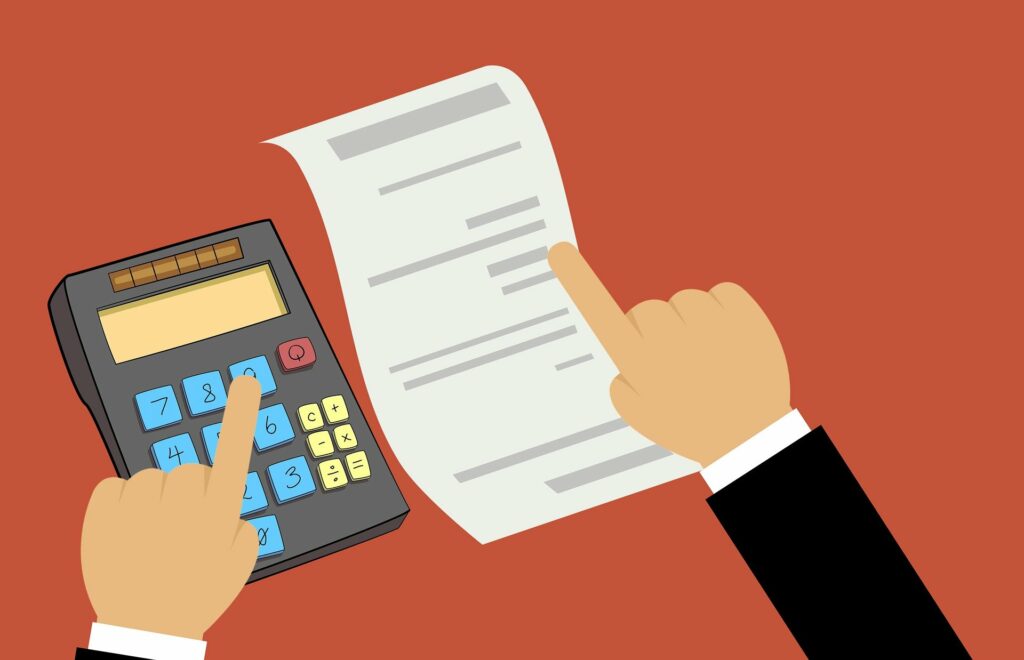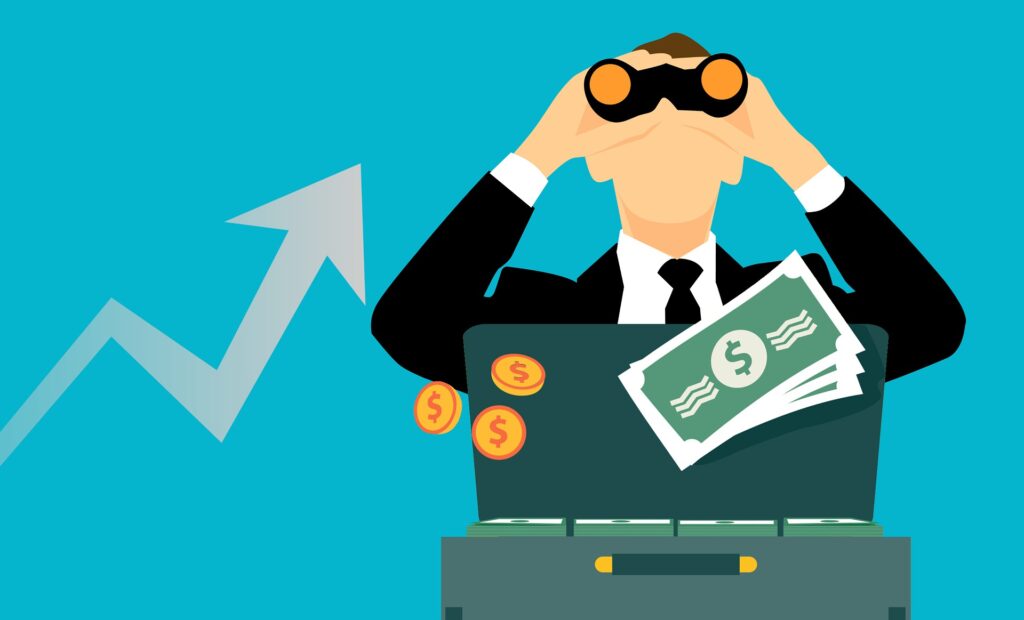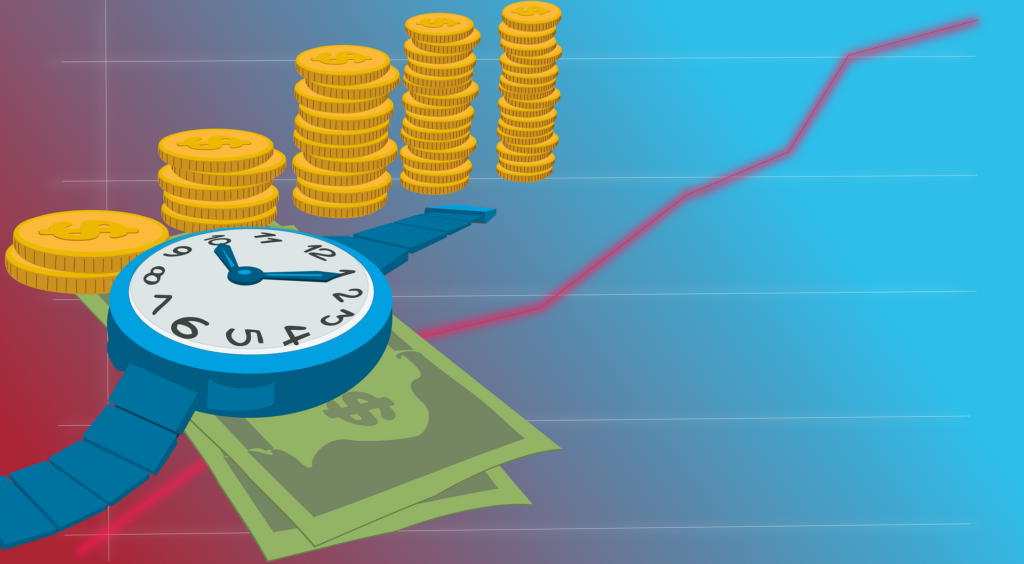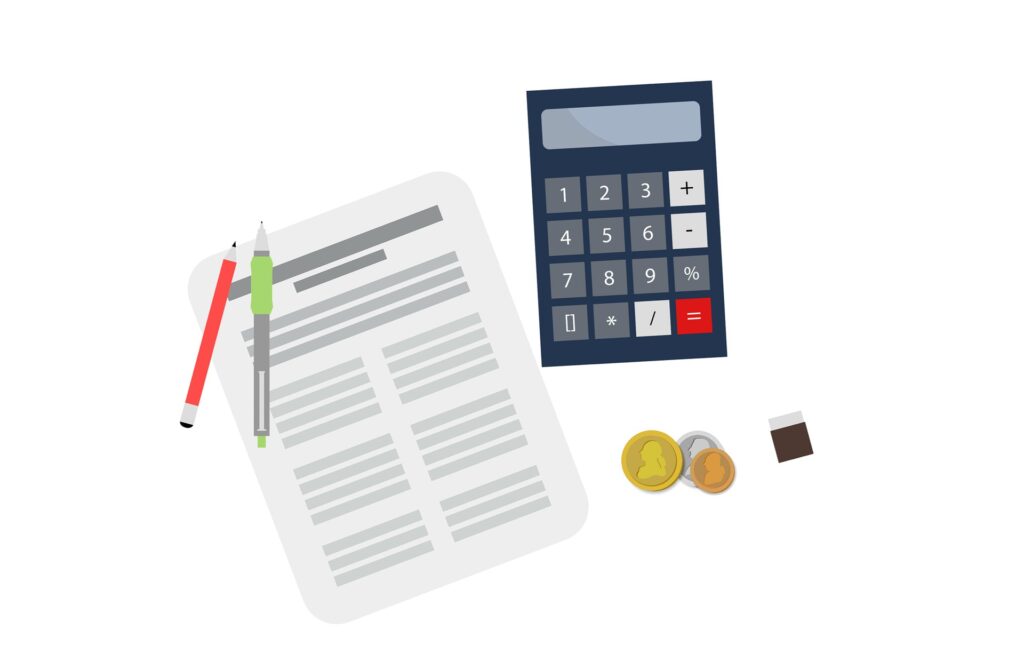Are you tired of feeling overwhelmed and stressed out by your personal finances? You’re not alone. According to the American Psychological Association, money-related stress is a major source of anxiety for 72% of Americans. And financial stress is something that can affect all areas of your life – mental and physical health, relationships, and even job performance.
With such a widespread impact, it’s no wonder that more and more people are looking for ways to streamline their personal finances and alleviate some of the stress associated with money management. Thankfully, there are plenty of simple yet effective tips you can follow to take control of your money. Let’s take a closer look at them.
Minimize the Use of Cash
While not using cash entirely may not be feasible for everyone, it can be a useful strategy for some people to streamline their personal finances. Even though cash transactions are the most frequently used payment method in the country, they can be cumbersome and less secure than digital payments, as they require you to physically carry and exchange money. In addition, cash transactions can be more difficult to track, which can make it harder to keep track of expenses and create a budget.
By using credit or debit cards, online bill pay, and mobile payment apps, you can simplify your finances and have more control over your spending. Digital payments can also help protect against fraud and theft, as they offer stronger security measures than cash.
Utilize Financial Apps and Tools
A recent survey by Mastercard revealed that nine out of ten of their users across America and Canada use financial apps to manage their finances. Apps like Mint, Personal Capital, and You Need a Budget (YNAB) can help you track your expenses, monitor your investments, and create a budget. In addition to mobile apps, there are also various online financial tools available, such as budget calculators, retirement planning tools, and debt repayment calculators. Consider using these tools to gain a better understanding of your finances and make more informed decisions about your money.
Maximize Your Savings
One of the easiest ways to build a strong financial cushion and prepare for future expenses is to maximize your savings. You can do this by setting up automatic transfers to a high-yield savings account, so money automatically goes into it without you even thinking about it. You can also reduce unnecessary expenses, such as eating out or shopping for non-essential items, to free up more money for savings which is vital during a recession.
Another strategy is to take advantage of employer-sponsored retirement plans or individual retirement accounts (IRAs) to save for retirement. By saving as much as possible, you can achieve your financial goals more quickly and with less stress.
Consolidate Your Debts
Consolidating your debts means combining multiple debts into one payment, typically with a lower interest rate or more favorable repayment terms. This simplifies your finances and can save you money in interest charges. Some common ways to do this include balance transfers, personal loans, and home equity loans.
Balance transfers involve transferring credit card balances to a card with a lower interest rate, while personal loans offer lower interest rates than credit cards. Home equity loans allow you to borrow against your homes’ equity. Consolidating your debts can help you pay off your debts faster and more efficiently, allowing you to get your finances back on track which is even more important in these high inflationary times.
Review Your Insurance Policies
Taking another look at your insurance policies may help your finances by ensuring that you have adequate coverage at the most affordable rates. You can compare policies and premiums from different insurance providers to find the best deals.
You can also adjust your coverage amounts or deductibles to meet your current needs and budget. Doing this regularly can also help you identify any gaps in coverage or outdated policies. This is critical so you don’t end up paying more than you need to for insurance and are fully protected in case of an emergency or unexpected event.
Monitor Your Credit Score
Finally, you can simplify your finances by keeping an eye on your credit score to stay informed of your creditworthiness. This can also help you identify any potential errors or fraudulent activity on your cards. You can access your credit report for free once a year from each of the three major credit bureaus (Equifax, Experian, and TransUnion), or sign up for credit monitoring services to receive alerts of any changes to your score.
A higher credit score can lead to better interest rates and loan terms, potentially saving you money in the long run. Staying on top of your credit score can also help you take steps to improve it over time and ensure your financial health.
Automate Your Bill Payments
The simplest step you can take right away is setting up automatic payments for all your recurring bills, such as rent, utilities, insurance premiums, and other monthly bills. The payment amount will be automatically deducted from your bank account or credit card on the due date. This will not only ensure that your bills are paid on time without you having to lift a finger, but it will also reduce the risk of missing a payment or incurring interest charges.

